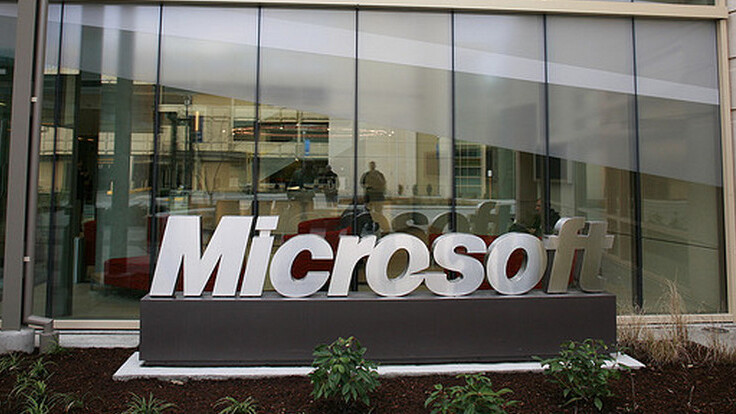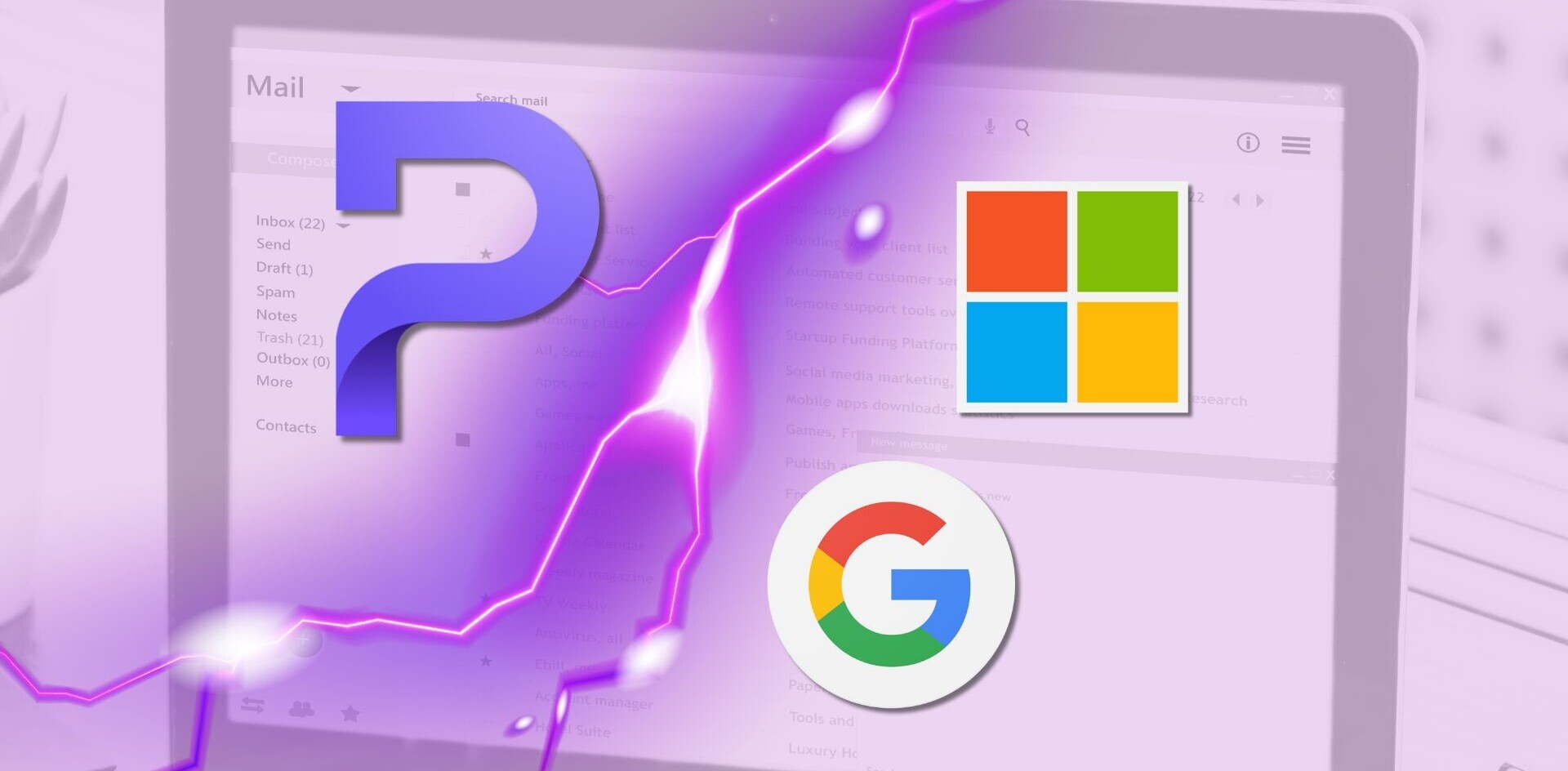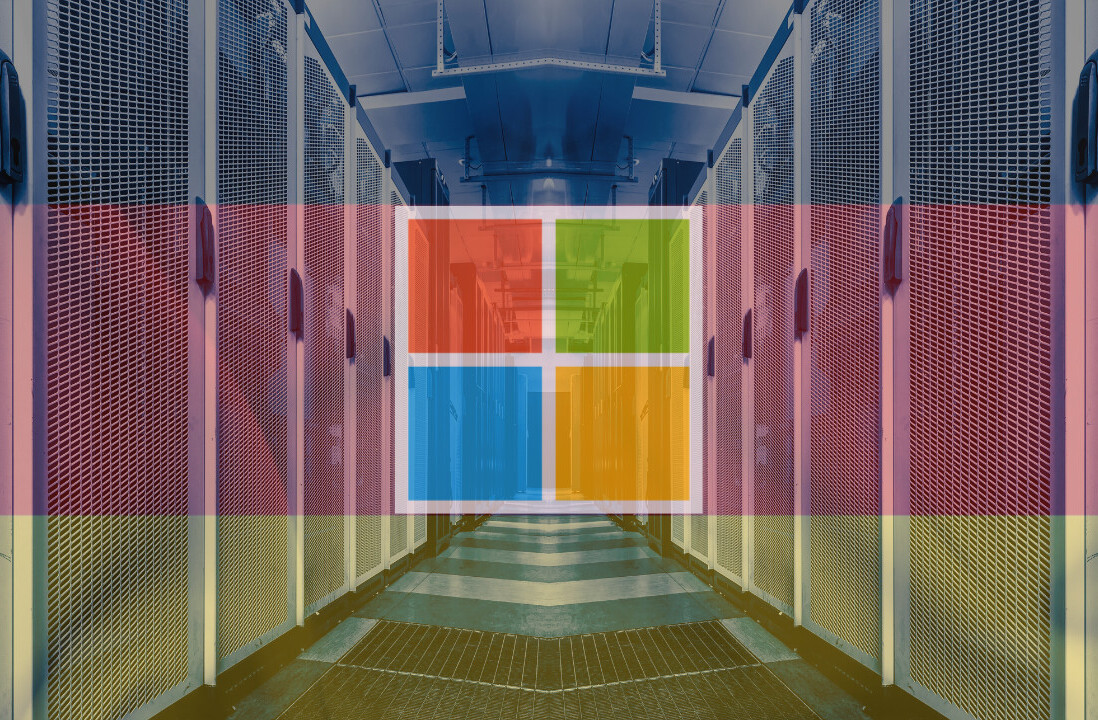
It’s been a simply wild year for Microsoft. The goal of this post is to bring to you the most important news items from the Microsoft realm in a single post. That is, obviously, impossible. However, we shall endeavor all the same.
Just to give you a lay of the land our topics for the day are: the announcement and development of Windows 8, the purchase of Skype, Windows Phone’s first full year on sale and its continued fleshing out, the Surface 2, sending Mozilla treats, the release of Office 365, Xbox’s dominance, Bing, Internet Explorer 9, and CEO Steve Ballmer. It’s a big list, so we shall try to be summary and quick with each topic. We’ll fail, but the effort itself is critical.
Windows 8
This year saw the announcement of Windows 8, followed by the release of its Developer Preview build (we covered its larger unveiling at the BUILD conference live, and have had our nose stuck to its forehead for the past few months). Here’s the skinny on its release: We are going to see the Beta in February. The code itself should ship in time for Windows 8 devices to land in the later parts of the third quarter of 2012. In short, this baby is racing to birth.
That’s looking forward, this is what we know from 2011: Windows 8 has a ‘normal’ Windows layer that is quite similar to Windows 7. What it also contains is a ‘layer’ (don’t call it that around Microsoft, of course) tablet interface that is built for touch. The larger touch focus has been built into the standard Windows experience as well, but in an undramatic fashion.
The operating system is designed to be the best of both worlds, desktop and touch. It’s a massive gamble. The iOS-ification of OS X for example has not been met with rave reviews. Microsoft only released a ‘Developer Preview’ of the operating system this year, giving us only a keyhole to peer through; we need to get our hands on the beta before we will be able to make better guesses as to whether or not Windows 8 has legs.
Finally, it will contain the Windows Store, which should start to put the crimp on Microsoft’s boxed software empire. It’s a Metro future for Redmond, and the skies are not yet clear.

Skype
Microsoft purchased Skype this year, for some 6.5 billion dollars. The deal had to clear various legal hurdles, but it went through sans any real hitch. Microsoft will allow Skype to operate as a completely distinct entity, keeping its employees and hopefully its culture.
The issue becomes where the company fits into the larger Microsoft product mix. Right now, Microsoft has a variety of voice and text chat tools in the market. Skype may be the leading solution, but it isnt’ the only one that Microsoft owns. Where will Skype slot into the enterprise, for example, with Lync growing by bounds? It’s not an idle question.
Note that the 6.5 billion dollars that Microsoft plunked down for Skype were not blood dollars; the company could well afford the expenditure, and is not suffering any damage due to its purchase. The company has dozens of billions of dollars in the bank, and is only generating increasing amounts of cash.
Windows Phone
Ah, Windows Phone. The little project that could. The phone line had a rough start to the year, with a slow update cycle which caused other issues that led to negative press. Through the middle of the year, Windows Phone was mostly dormant, with little in the way of new hardware or software to be had.
However, as the year aged, and Mango came out, Windows Phone picked up a touch more momentum. Mango was well received, and its release was smooth. Then came the launch of the Nokia line of phones, along with other new hardware. Almost overnight, Windows Phone had a fully new body and soul.
The question that remains unanswered is whether all of that made a difference in its sales numbers. If Windows Phone had a slack holiday season, Microsoft is going to have some fast talking to do. Also, today, the Windows Phone Marketplace hit the 50,000 app mark.

Surface 2
We can be brief: The Surface 2 is real, you can order one, we like it, and can’t wait for it to become cheap enough for consumer use. I mean, it’s a huge touch screen, of course we want one. Given that the new generation Surface is smaller, and cheaper, we expect it to find larger adoption by corporate clients than its predecessor.
Mozilla Treats
Microsoft’s never-ending habit of sending the Mozilla team treats every time they ship a Firefox release continued. Usually Microsoft sends a cake, but as time wore on, and the Firefox team began to ship lighter and lighter upgrades of their browser, Microsoft began to downsize their offerings.
The Internet Explorer team, more on them shortly, has a sense of humor it seems. However, with Chrome burning up the market share charts, and both IE and Firefox slipping in the polls, you have to wonder if either team is smiling that much.

Office 365
This year Microsoft released Office 365, its cloud productivity solution that it is currently using to fight back against offerings from Google and others. Office 365 is a hybrid solution, using web apps and storage alongside of normal desktop apps. It’s an attempt to use the best of Office with the newest of cloud-tech.
The strategy appears to be working, with Microsoft touting both the sales strength of the product, and its future. We recently talked to the Office 365 team, and asked if its speed in terms of sales was staying strong, which they unsurprisingly responded to in the affirmative. The web apps side of Office 365 might be a bit weak, but its overall package seems to have found an audience.
Of course, Lync is a component of the package, so what impact Skype will have remains to be seen, but Microsoft is hardly in the backseat in this product niche. The question now is simply whether Microsoft or Google will be able to snag more market share. Time will tell.
Xbox
It’s been a stupendous year for the Xbox 360 and its larger ecosystem. It has consistently been the leading console in terms of sales, and total ‘spend.’ That and its new add-on, the Kinect, has continued to be a big hit, selling hundreds of thousands of units. To illustrate this, Microsoft sold 1.7 million Xbox consoles in the US in the month of November. It also sold 750,000 Kinects in one week of that month. It’s an old device, but the 360 has legs.
Also new this year is a dashboard refresh for the console, bringing with it a massive expansion of live television content.
In 2011 Microsoft continued to push the Xbox franchise towards becoming a more ‘middle’ device, with something for everyone. The company has not alienated its gaming fans, but has managed to expand the purview of the device. It’s taken time, and myriad partners, but the company’s living room strategy is taking full shape.

Bing
Oh Bing, what can we say about you? Bing had a year of slow, predictable growth. Now powering Yahoo, it serves about 30% of search volume. That’s not a bad figure, given that its competition is Google, but it’s not a stellar number either. And Microsoft continues to dump money into it like it was on fire and only paper could put it out.
Various updates were released throughout the year including, for example, new webmaster tools, but the core search engine remains much as it was: a solid option that has yet to find its killer feature to beat back the industry leader. All of Bing’s ancillary upgrades are moot until it finds that. Until then, expect Bing to continue to sop up market share from the edges.
IE9
This was the year of Internet Explorer 9. Coming out in March, it turned the technological tides of the IE brand right around. It hasn’t managed to stem the market share losses that the brand has long suffered from, but from a technology perspective it is a large step forward.
Backtracking on years of misdeeds, Microsoft decided that standards, HTML5 in particular, were the bee’s knees. That in mind, Internet Explorer 9 is a different animal from is predecessors. It’s faster, with more features, and it no longer mangles every web page that it touches. This is the stuff that we could have only hoped for two years ago.
Internet Explorer 10 is making its way towards product as well, popping its head up in various developer previews late in 2011, and even showing off its head in Windows 8. Will it stop the erosion? Probably not, but it certainly won’t hurt.
Ballmer Not Leaving
And finally, a note in the manufactured media narrative that Microsoft’s Steve Ballmer might step down from his role as CEO. As it turns out, that’s not the case. Also, Bill Gates will not be coming back to the company full-time. The Microsoft leadership tree, for now, is stable. Whether that sits well with investors or not, it is the reality.
TNW would posit that Steven Sinofsky is a pretty easy fit for the CEO role post Ballmer. But that won’t be for some time yet. Besides, he has Windows 8 to build.

And that’s the year. As we said before, we had to be summary. Be sure and follow TNW Microsoft so that you don’t miss a beat in 2012.
Get the TNW newsletter
Get the most important tech news in your inbox each week.





